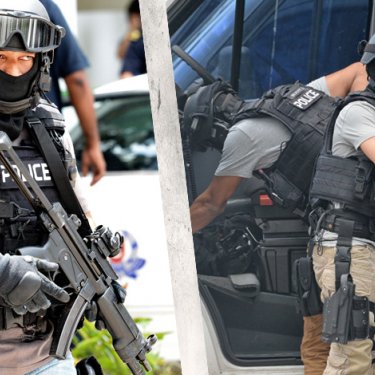Singapore wants to ban coverage of terrorist attacks

Reporters Without Borders (RSF) condemns the absurd provisions of a bill unveiled this week in Singapore that would prohibit photo and video reporting from the scene of a terrorist attack and would result in serious violations of media freedom.
A ban on media coverage when most needed by the public is, in essence, the main aim of the Public Order and Safety Bill presented by Singapore’s home affairs ministry, which would allow the police to enforce a “communications stop order.”
Journalists and members of the public would face up to two years in prison or a fine of 20,000 Singaporean dollars (15,000 US dollars) if they took photos or video of a terrorist attack or “communicated” text or audio messages about the ensuing police operations.
“No one disputes the need for special measures in the event of a terrorist attack, but it is not the interior ministry’s job to decided what journalists can broadcast or publish,” said Daniel Bastard, the head of RSF’s Asia-Pacific desk.
“By depriving the public of coverage of such grave events, this ban would put the public in danger. This proposed law would be completely counter-productive if the aim of the authorities is to protect the population. But it would be very effective if their aim is to gag independent media.”
In its presentation of the bill, the ministry of home affairs argues that live media coverage of terrorist attacks can endanger police and hostages and cites the example of the Hyper Cacher supermarket siege in Paris in January 2015 (two days after the Charlie Hebdo massacre).
In fact, Singapore would do well to follow the example of the measures taken after the Hyper Cacher siege. Instead of banning journalists from doing their work, the French parliament asked the Higher Council for Broadcasting (CSA) to discuss media coverage of terrorist attacks with representatives of the media, journalists, police, justice system and victims.
This initiative led to the publication of a code of conduct for broadcast media coverage of terrorist attacks, a code that allows the media to work freely and in a way that respects the public interest.
A ban of the kind proposed by the Singaporean government exists nowhere else. The closest parallel is undoubtedly the counter-terrorism legislation adopted in December 2015 in China, which is not exactly a media freedom paragon.
Singapore is ranked 151st out of 180 countries in RSF's 2017 World Press Freedom Index.



